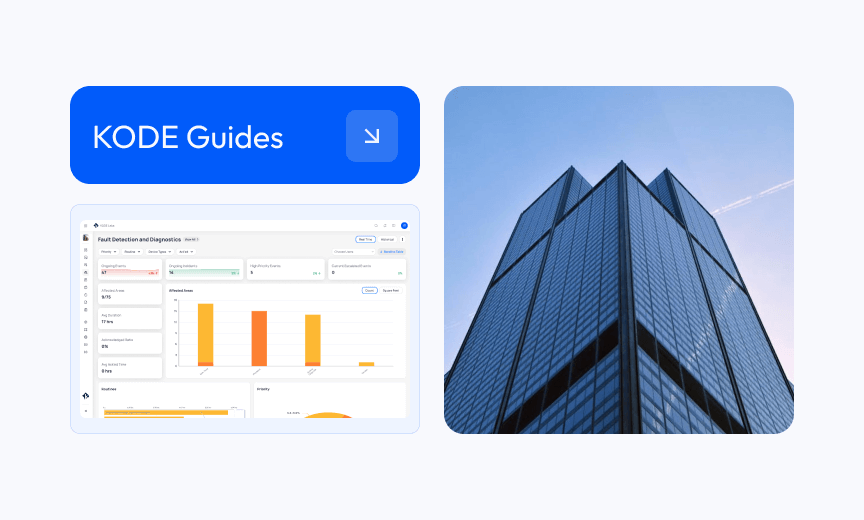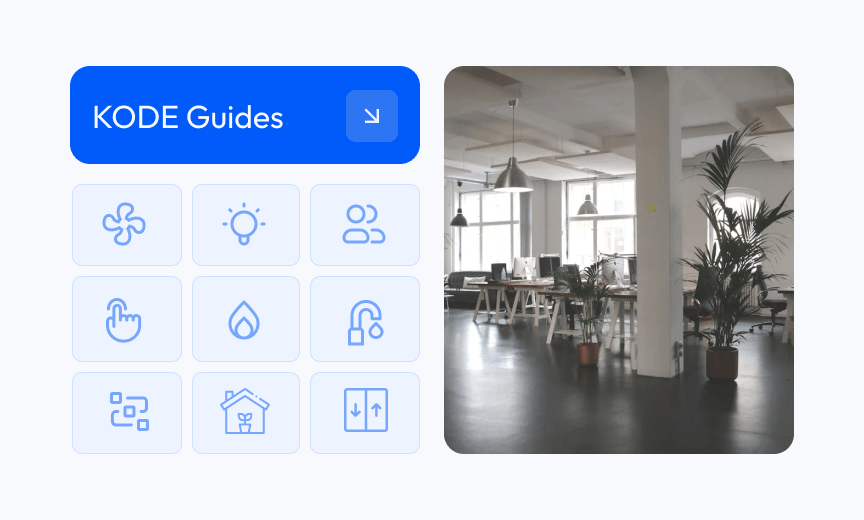On this page
Sign up to our newsletter
Subscribe to receive the latest blog posts to your inbox every week.
By subscribing you agree to with our Privacy Policy.
GRESB is a mission driven and investor led organization providing standardized and validated Environmental, Social and Governance (ESG) data to the capital markets. Established in 2009, GRESB has become the leading ESG benchmark for real estate and infrastructure investments across the world.
GRESB Real Estate Assessment Component
There are 3 components to the real estate assessment:

The Management Component
Measures the entity’s strategy and leadership management, policies and processes, risk management, and stakeholder engagement approach, composed of information collected at the entity level.

The Performance Component
Measures the entity’s asset portfolio performance, composed of information collected at the asset portfolio level. It is suitable for any real estate company or fund with operational assets.

The Development Component
Measures the entity’s efforts to address ESG-issues during the design, construction, and renovation of buildings. This component is suitable for entities involved in new construction (building design, site selection and/or construction) and/or major renovation projects, with ongoing projects or completed projects during the reporting year.
KODE Digital Twin Benefits: Performance & Management

Energy Efficiency
The digital building twin can be used to gain energy efficiency, which can be reported as ‘Smart grid/ smart building technologies’ under the category ‘Energy’ in tab <Efficiency measures> of the 2023 Real Estate Assessment Asset Spreadsheet, which represents indicator RA3.


Real-Time Data
Gain access to actual (not estimated) data to your buildings, which can help with the performance data (i.e. energy, GHG, water, waste) in terms of data coverage. Refer to this section of our 2023 Real Estate Assessment Reference Guide to see how data coverage plays a role in scoring of indicators EN1, GH1, WT1 and WS1.
By collecting and normalizing data from building systems, we provide a single pane of glass through which operations for the entire portfolio can be monitored and optimized to improve energy efficiency, extend equipment lifespan, and increase tenant satisfaction.
KODE OS helps innovative companies monitor, manage, and optimize their ESG performance and gain access to additional services such as SmartScore, WELL, and LEED certifications.



